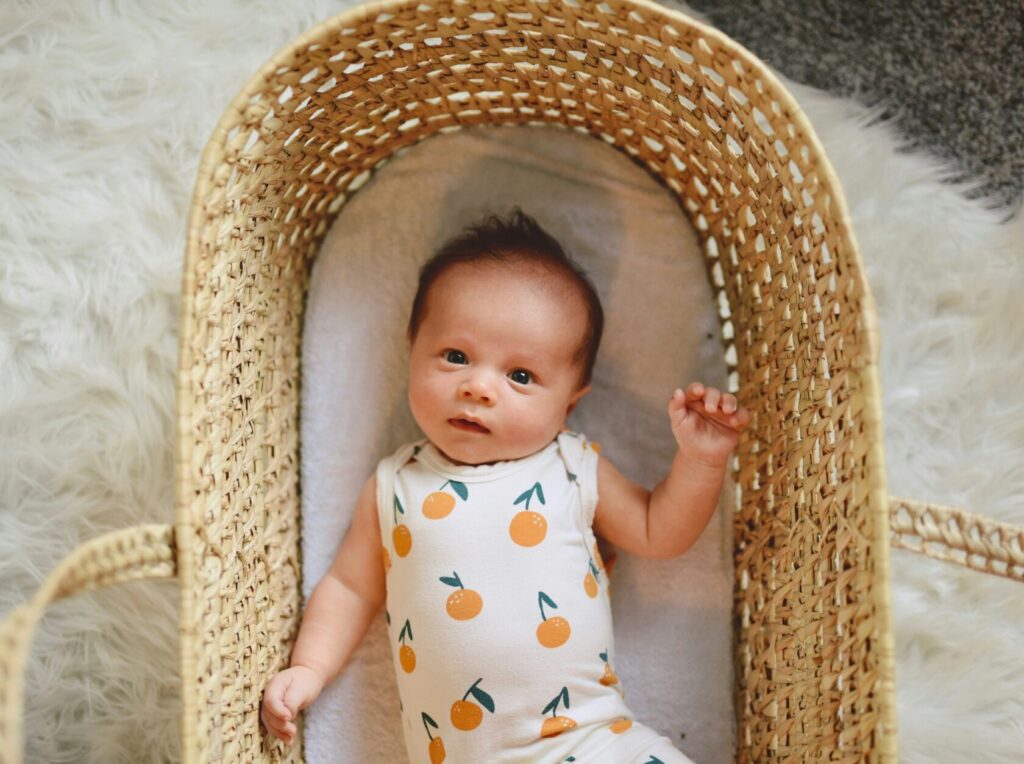
Pregnant women are often more susceptible to diseases and can become extremely sick from something as common as chicken pox or the flu. Rubella infection in pregnancy can cause serious birth defects. Lucky for us in the 21st century, we have a way to reduce the risks: vaccination! Vaccines work by exposing your body to a small amount of disease protein called antigens, which cause you to make antibodies that can fight off a future infection.
Know Your Risks
A blood test can check your antibody levels against different diseases. If the antibody level is high, you are protected. If the level is low, you could be vulnerable if you are in contact with a person who is contagious. Usually your routine prenatal blood work includes tests for chicken pox and rubella immunity, in addition to testing for exposure to hepatitis and HIV. If you are thinking about getting pregnant, it’s a good idea to review your vaccination records and ask your doctor to check your immunity so you can get protected ahead of time if necessary.
What If You're Not Immune?
Live vaccines, like MMR and varicella, are not safe to receive while pregnant due to a theoretical risk of infection. That being said, no cases of birth defects have ever been reported from having a live vaccine in pregnancy, so an accidental vaccination is not likely to harm your baby. The best way to protect yourself during pregnancy is to practise good hygiene and to avoid anyone with an active infection. Once the pregnancy is over it will be safe to get vaccinated.
Safe Vaccines
The flu shot is safe in pregnancy and is highly recommended. Pregnant women are at increased risk of serious complications from the flu and more likely to end up in hospital than non-pregnant women. Another benefit is that your antibodies will protect your baby after birth for up to six months. It’s a good idea for everyone in the household to get a flu shot because it will reduce the chance of exposing the new baby to influenza.
If you happen to step on a rusty nail while you’re pregnant, the tetanus vaccine is safe and is recommended if it has been more than 10 years since your last one. The vaccines for Hepatitis A and B are also safe in pregnancy and are recommended if you are at risk of exposure to either of these viruses.
All vaccines are safe to receive while you’re breastfeeding.
Originally published in ParentsCanada magazine, April 2015.










